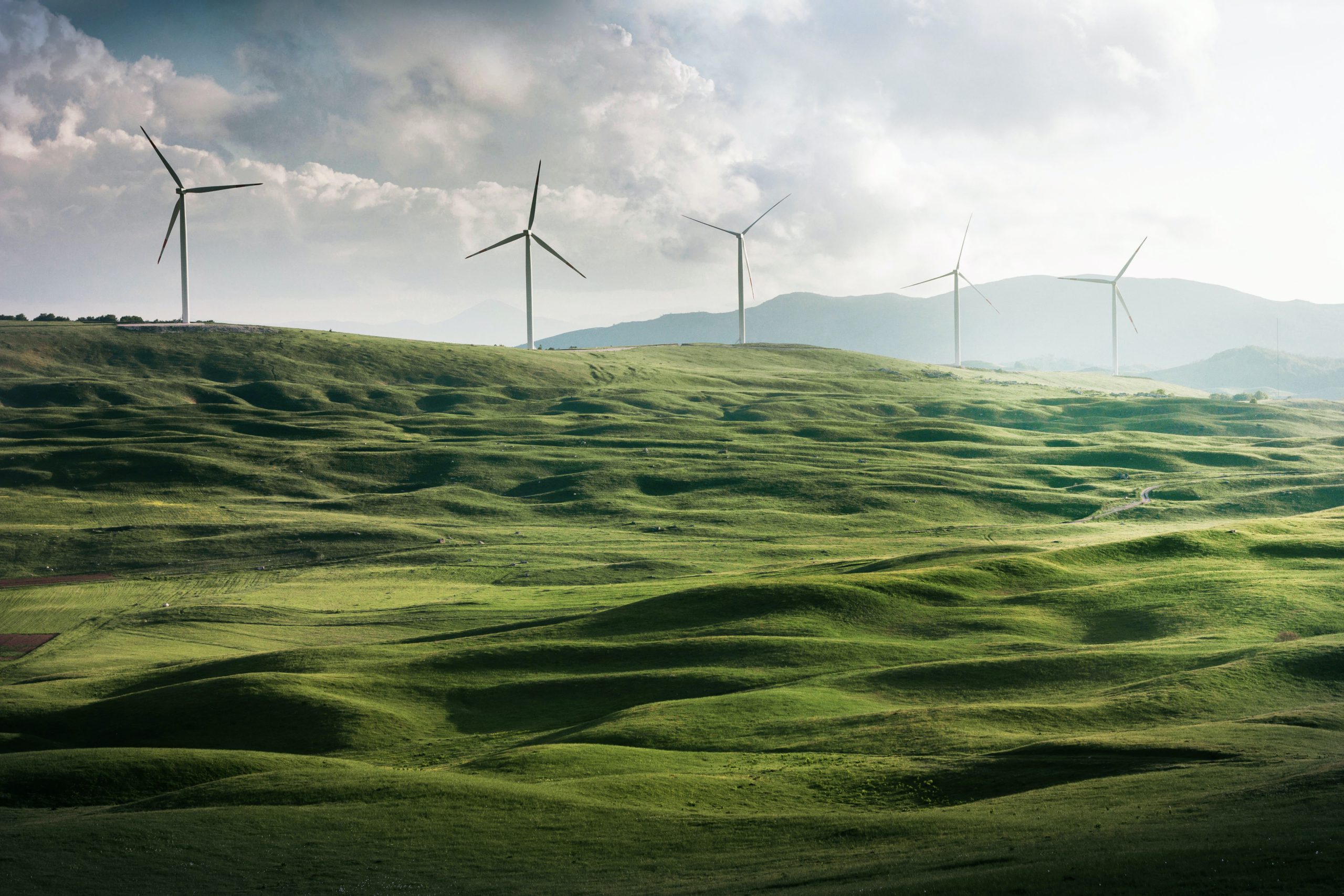The aftermath of a global pandemic and ongoing disastrous war in Ukraine has left the world riddled with uncertainty. Although it is difficult to look beyond the tragedy, companies and investors alike need to examine their investment strategy.
As active investors, we constantly ask ourselves, “Where and how can we achieve positive impact, growth, and investment return simultaneously?“. Here is our take on it based on three common investment questions:
“Is it now better to focus on market return (Beta) or pursue Alpha return through individual company investments?”
The last 15 years have generally seen cycles where more market (Beta) oriented investment strategies have worked well. Beta return is the return generated from investing in the equity market, attributed to the overall market returns. An example of a Beta focused strategy is investing in the S&P 500 and US treasuries through a simple 60/40 portfolio. Such a strategy could reliably achieve a yearly return of 6.5% in the last 15 years.
However, even before the Ukraine crisis emerged, the outlook for the year was that it would be a transition year for the global economy due to post-pandemic recovery after two years of COVID-19. In this transition, the forecasted beta returns would only reach 4.3% annualized return, a decline of 2.2%, according to JPMorgan(1).
The instability from the Russia-Ukraine war has created an extensive feeling of unease that permeates the global stock markets. The Dow Jones, S&P 500, and the Nasdaq Composite Index (COMP) have experienced declines year-to-date and are further fueled by the war in late February. Notably, a 12% decline in COMP over the last two months, the largest two-month decline it has had since March 2020(2). As current events unfold, volatility in the stock market is expected to continue. Toews Asset Management further believes it signals a path towards a bear market(3). To what extent is hard to see at this point. Key economic advisors, such as Mohamed El-Erian, the chief economic adviser at Allianz, recently also cautioned investors from investing in the market(4). It will remain highly unpredictable while the Ukraine crisis continues.
Market uncertainty generally gives rise to higher levels of dispersion. In such a market, investors can capture possible return improvements through investing in individual well-performing stocks rather than investing in the entire stock market. This is an example of alpha-centred investment strategies.
Alpha is the return generated from specific investments that outperform the market. Companies that can provide alpha returns will be in high demand by investors. As the global stock market prices are depressed, we believe many investors will start targeting private investments (non-listed companies) for alpha.
Of course, alpha strategies require more work. Each company needs to be reviewed in detail to determine whether it is worth investment and whether it can provide alpha. This is especially the case in private investments, which leads to the following question:
“Which industry still has growth opportunities in 2022?”
The energy market is the obvious answer. Oil and gas prices have soared, hitting a 14-year- and an all-time high respectively in the US(5). The energy de-coupling by the US, UK, and EU from Russia requires more energy from different sources. As Russia supplies 40% of the EU’s gas, de-coupling brings a tremendous challenge for the EU to maintain energy stability.
“How should one invest in energy during this uncertain time?”
Although there are calls to re-open fossil fuel extraction and pipelines in the US and other parts of the world, we believe the new energy sector should be the way forward. Technological solutions for energy generation, storage, and efficiency that can gradually solve both the need for energy independence and the long-term goal of carbon neutrality are available in the sector.
As a private investment firm, we see investing in new energy as “doing well by doing good”. We especially look at niche technologies and services within this field and actively expand such companies across borders, even in these difficult times. Our current expansion portfolio in new energy covers:
- Vanadium Redox Flow Batteries (Stationary energy storage)
- Fuel Cell Systems (Methanol- & hydrogen-based energy generation)
- Photovoltaic Energy Storage (Power-walls)
- AI-powered Energy Savings (Building management system optimization)
We believe that investment in such private companies can generate alpha and positively impact the world as a whole. This type of investment and the donations we have made toward helping in the Ukraine crisis is how we seek to proceed this year.
If you’re interested in supporting these technologies together with us, please feel free to contact us directly at: max@lvspartners.com.
(1) Bloomberg Surveillance: Russia Talks with Trubowitz. Feb 15, 2022.
(2) MarketWatch: Stocks end mixed Monday, Dow posts biggest monthly drop since November as Russia-Ukraine talks end with no deal. Feb 28, 2022.
(3) MarketWatch: Stocks end mixed Monday, Dow posts biggest monthly drop since November as Russia-Ukraine talks end with no deal. Feb 29, 2022.
(4) Business Insider: The ‘buy the dip’ approach to stocks won’t work during the Russia-Ukraine crisis and markets will remain totally unpredictable while the war continues. Mar 10, 2022.
(5) Reuters: U.S gas prices surge to all-time high. March 8, 2022.
